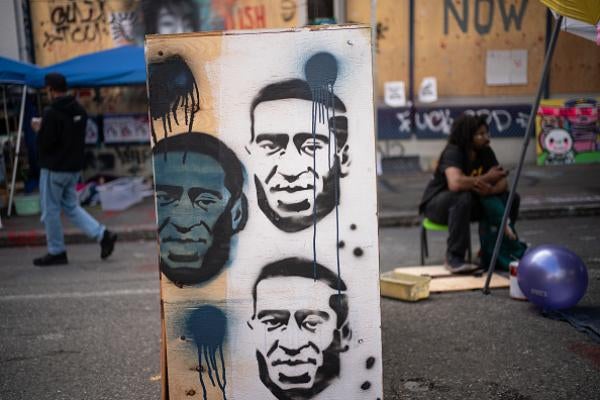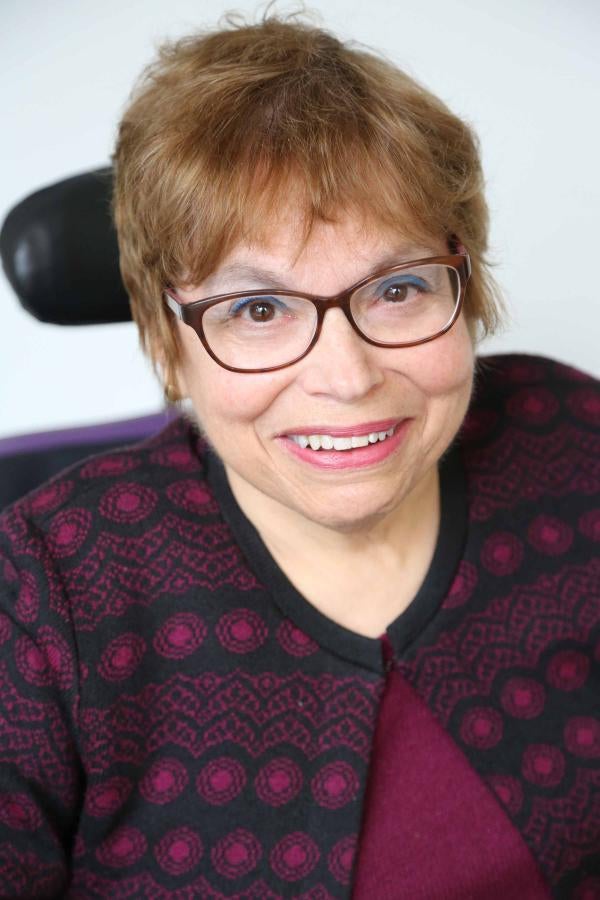Today, all of us at Human Rights Watch – and other human rights activists around the world – are mourning Judy Heumann, the pioneering disability rights activist who died on Saturday, age 75.
Heumann’s lifelong activism supporting the rights of people with disabilities in the United States and around the world was extraordinary.
My colleague and HRW’s disability rights director Shantha Rau Barriga, called Heumann, “a true force of nature – a visionary leader, fierce advocate, a trailblazer.”
Indeed, her life was inspiring.
From a young age, Heumann, who contracted polio in 1949, had to fight against stigma and exclusion. At age five in Brooklyn, New York, she was denied the chance to go to her local school because her inability to walk was deemed “a fire hazard.” She was instead given home instruction twice a week, for less than two hours in total.
After her mother challenged the decision, Heumann was allowed to go to a “special” segregated school for children with disabilities. Following mounting parental pressure, the school system reversed its policy and Heumann joined the local mainstream high school in 1961.
As a young adult, Heumann was denied her teaching license despite passing her oral and written exams in New York State, over concerns she would not be able to assist children in an emergency. She sued the Board of Education and went on to become the first wheelchair user to become a teacher in the state of New York.
In April 1977, Heumann led a 28-day sit-in, the longest in a federal building, to protest the refusal of the US Secretary of Health, Education and Welfare to sign long-delayed regulations for Section 504 of the 1973 Rehabilitation Act, which fought against discrimination and exclusion of people with disabilities. This was not only successful in pressuring the government to adopt the regulations, it also brought together diverse members of the disability community and allies.
Heumann’s activism was chronicled in the Oscar-nominated 2020 documentary “Crip Camp” about young people who spent their summer holidays at Camp Jened in upstate New York. As Heumann said, “I wanna see feisty disabled people change the world.”
Heumann is considered the founder of the Independent Living Movement and played a key role in advancing the Individuals with Disabilities Education Act, the Americans with Disabilities Act, the Rehabilitation Act, and the United Nations Convention on the Rights of Persons with Disabilities.
Heumann was also instrumental in ensuring people with disabilities benefitted from international development assistance. She was the World Bank’s first advisor on disability and development, and was appointed by President Barack Obama as the US State Department’s inaugural senior advisor on international disability rights. She served as a senior fellow at the Ford Foundation from 2017 and 2019.
Since 2018, Heumann also served as co-chair of Human Rights Watch’s Disability Rights Advisory Committee, and joined the Board of Directors in 2020.
Amy Rao, co-chair of the Human Rights Watch board, says, “Judy Heumann’s legacy goes far beyond the groundbreaking impact she had on law and policy empowering people with disabilities. She was a role model for how fierce activism can transform the world, and schooled us on why inclusion matters. She was a legend.”







